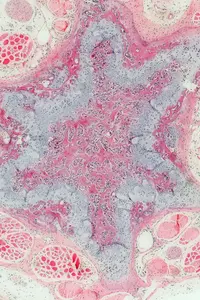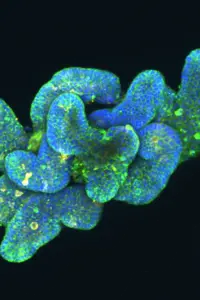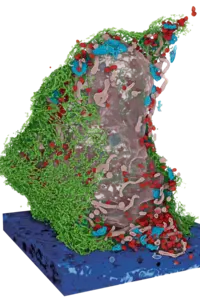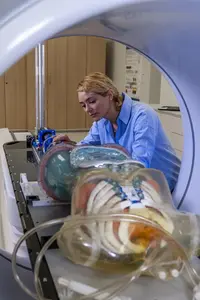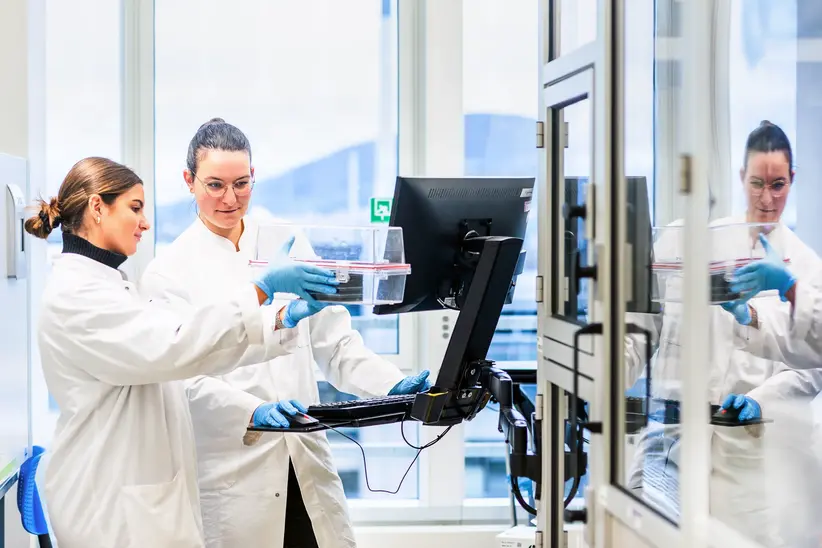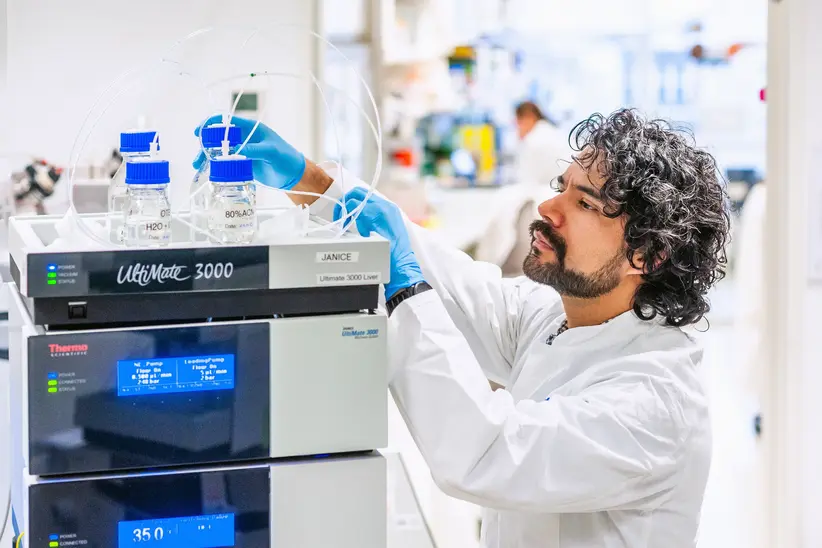Research for a life without cancer
At the DKFZ, we want to ensure that fewer people develop cancer, that cancer can be cured or treated so effectively that those affected can live with the disease and grow old with a good quality of life.
About DKFZ
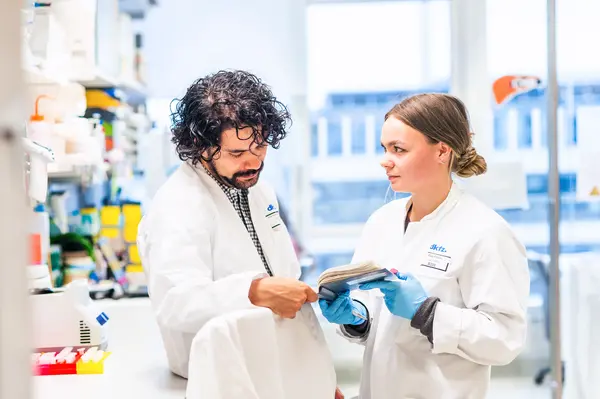
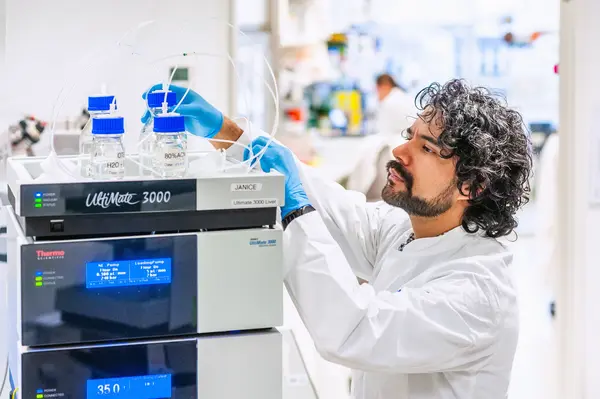
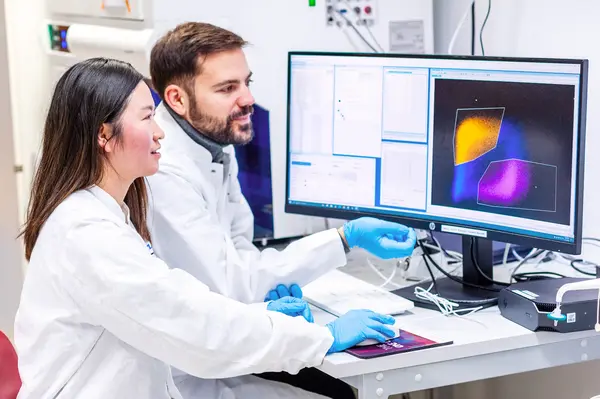
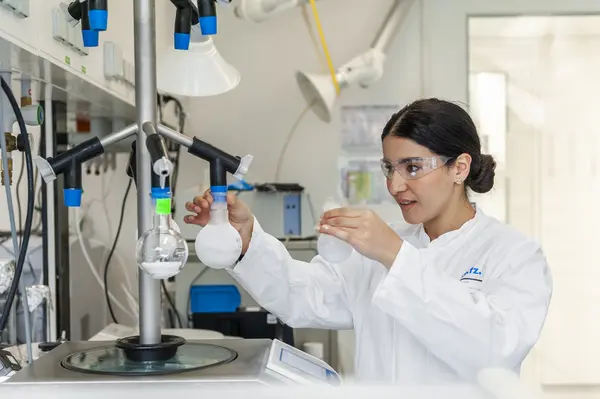
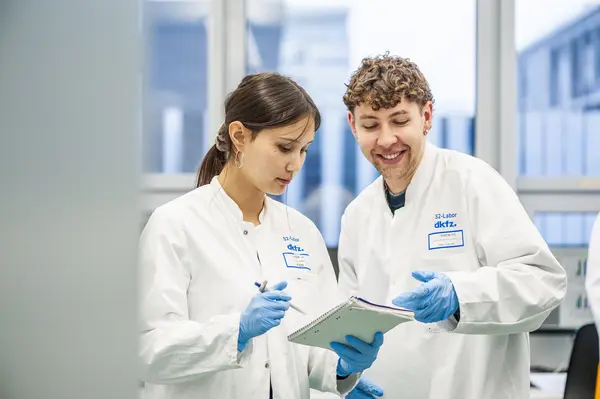
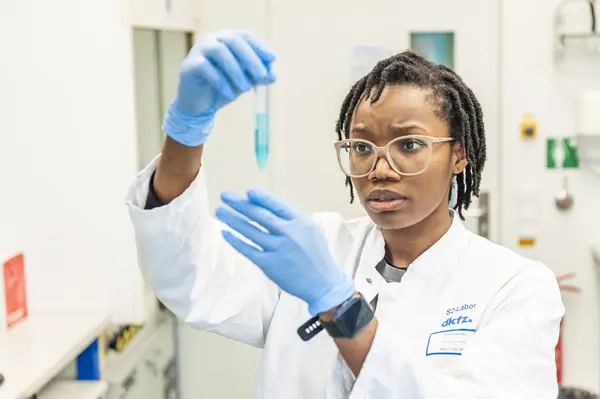
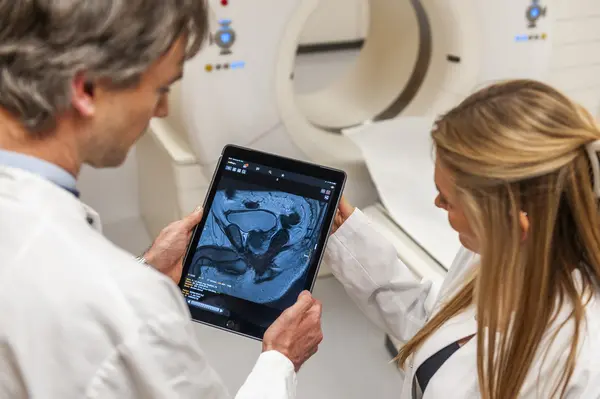
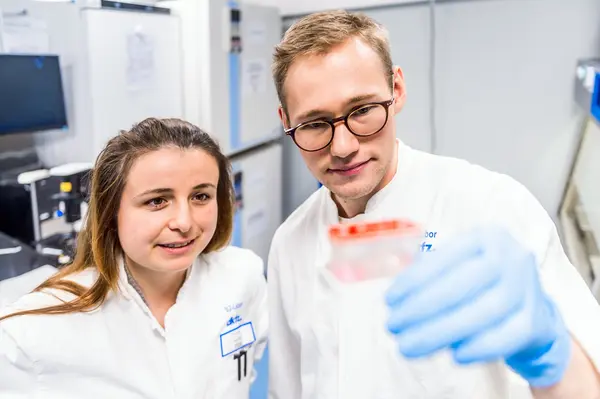
Latest from DKFZ

A key molecular mechanism drives the growth of liver cell cancer while simultaneously suppressing the body's immune response to the tumor. This has now been published in the journal Nature by a team led by researchers from the German Cancer Research Center (DKFZ), the University Hospital of Tübingen, and the Sanford Burnham Prebys Medical Discovery Institute in La Jolla, California. However, the results also show that this very mechanism could help identify patients who respond particularly well to immunotherapy in the future, thus opening up new therapeutic approaches.







Our research opens doors in the fight against cancer
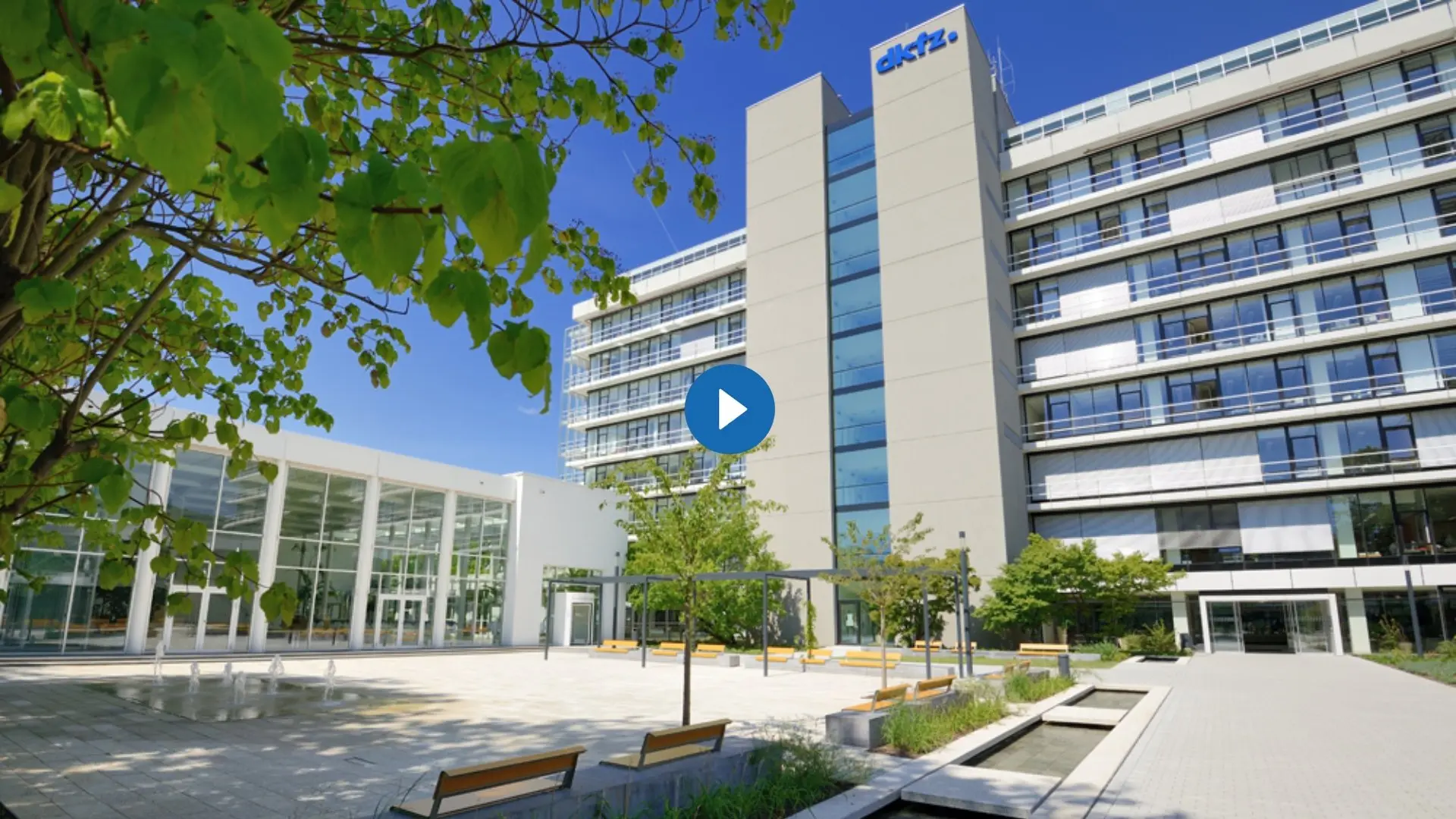

Do you have questions on the topic of cancer?
Let us advise you!
Doctors from the Cancer Information Service answer your questions every day. Find out more now for free!

